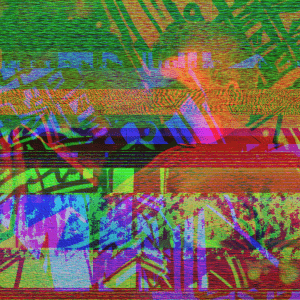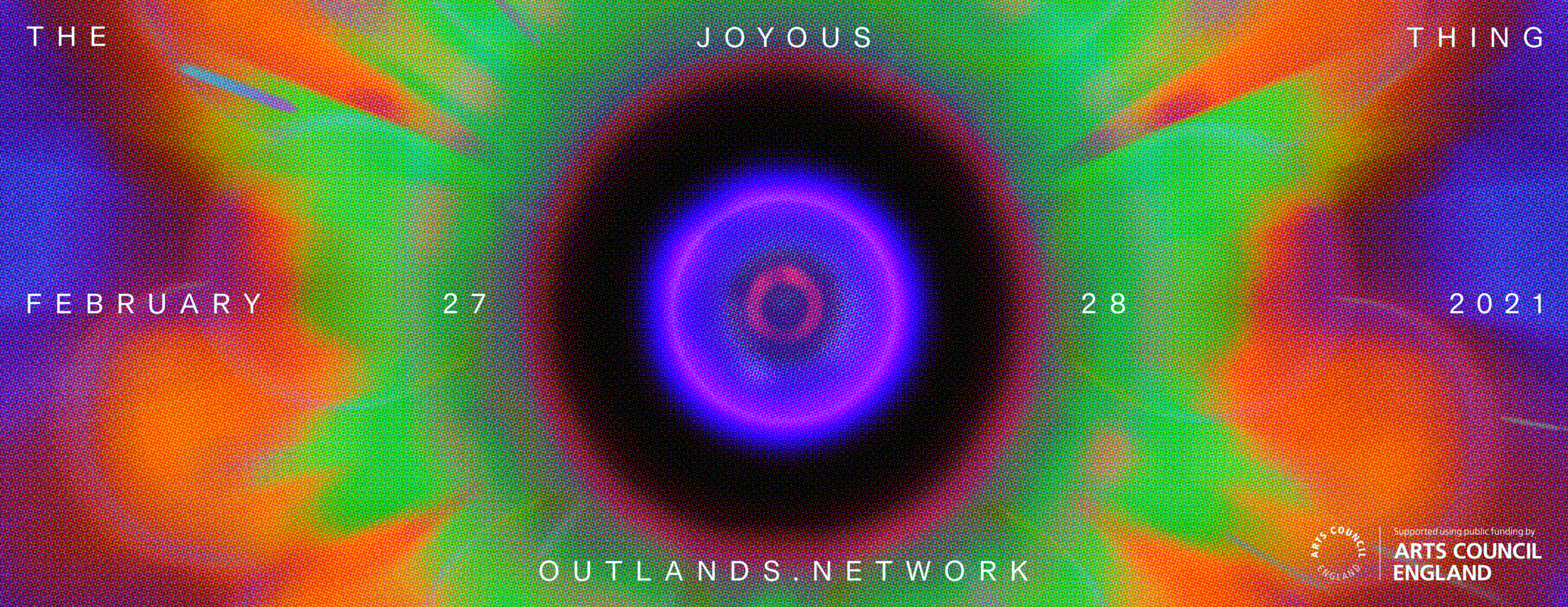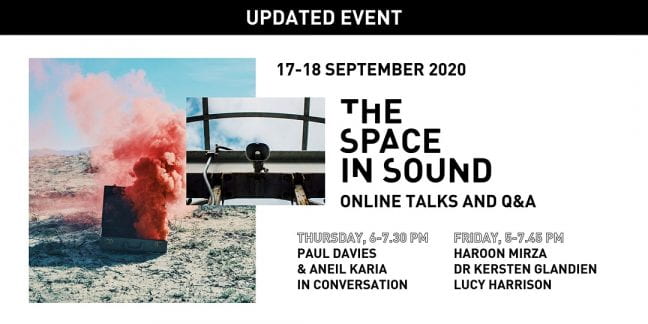“My time at the University of Brighton has been an eye-opening and artistically inspiring three years. The tutors have pushed my creativity to the edge and given me brilliant guidance throughout the modules. My work has excelled and innovated past anything I could have imagined.”
Hi Joe – can you tell us a bit about your work and your influences?
“I am an audio artist living in Brighton. My work explores the collision between technology and life. As part of my final year audio/visual project on the Digital Music and Sound Arts course, I have been exploring the aesthetics of digital failure, glitch, and inter-twinement of past and present media through the virtual realm. My work has been inspired by reflecting on the consequences of exponential technological consumerism and what these effects are having on a digital generation. I am currently working on a variety of audio/visual projects which exploit technologies and define what it means to be human today.
“Since beginning my studies, I have produced bespoke music compositions for advertising campaigns as well as commercially released my own digital music projects online. My sound is often defined through unusual swung and off-kilter rhythms, haunting and ethereal vocal samples, and ambient washing soundscapes.
How have you found your course and time at Brighton?
“My time at the University of Brighton has been an eye-opening and artistically inspiring 3 years. The tutors have pushed my creativity to the edge and given me brilliant guidance throughout the modules. My work has excelled and innovated past anything I could have imagined. I now feel prepared for the next step in my journey. I have met other brilliant creatives who will be great contacts for the future. This diverse and amazing city is now somewhere I’m proud to call my home.”
How did you choose your course – why did you choose to study Digital Music and Sound Arts?
“I chose to study Digital Music and Sound Arts at Brighton not really knowing what ‘Sound Art’ even meant! After visiting on an open day, I could just feel by the atmosphere and incredible studio spaces that this was the place for me. I was most interested in the new media application of sound, digital culture, and experimental practice. These were eventually areas I became an expert in and continue to learn about every day.”
What are your plans after graduation?
“I have recently just secured a marketing internship with an opera theatre company in London. I hope to pursue my current interests in social media management and digital marketing within the arts, whilst continually progressing as a freelance digital artist. The course I have studied has opened me up to numerous career possibilities and taught me valuable and transferable skills for the future which many employers find desirable.”
Visit Joe’s website www.joegillingmusic.com
Follow Joe on Instagram: @joegillingmusic
Find out about studying Digital Music and Sound Arts BA(Hons).















